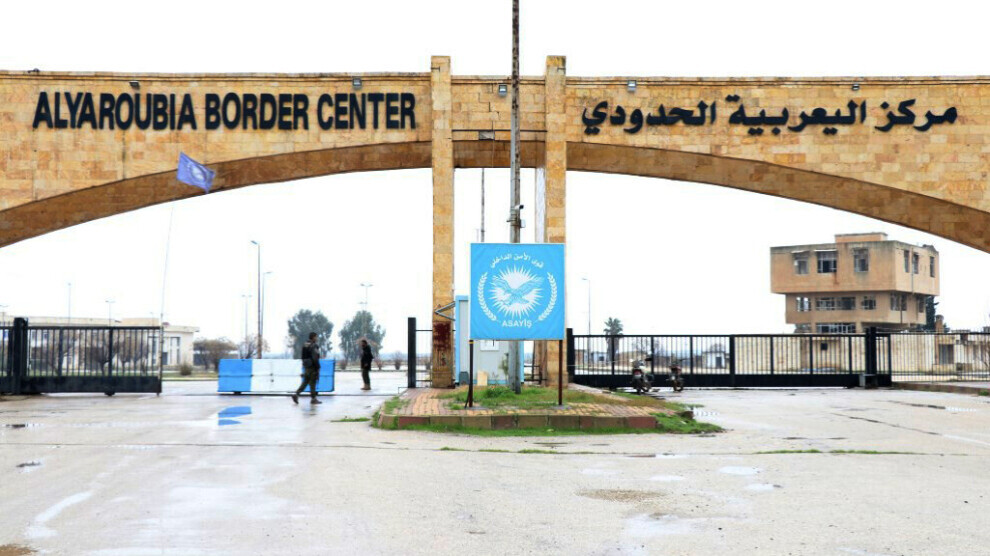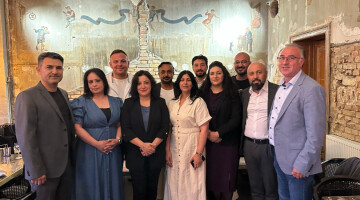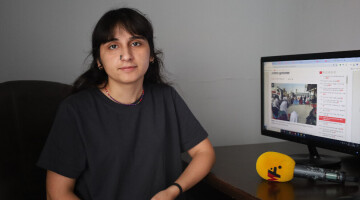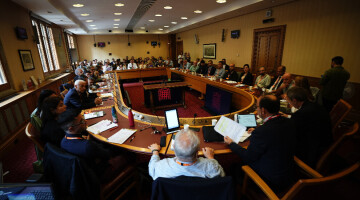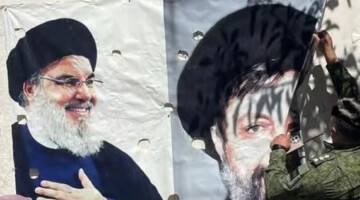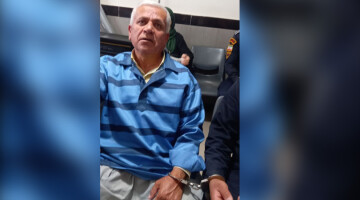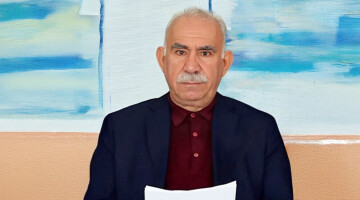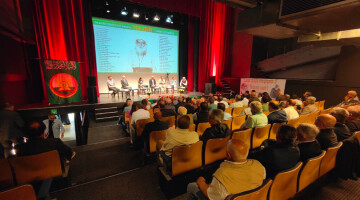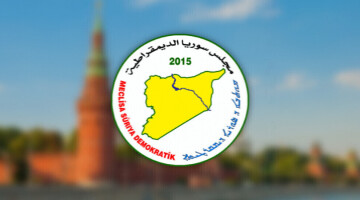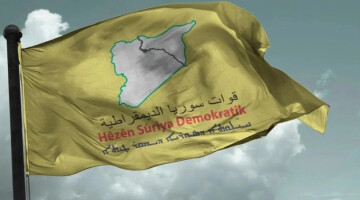The Syrian-Iraqi border crossing Til Kocher (Al-Yarubiyah) has been kept closed since the beginning of 2020, following the veto of Russia and China at a meeting of the United Nations Security Council.
Rojava Kurdistan National Congress (KNK) Executive Board Member Ebîr Hesaf spoke to ANHA about the political background of closing the Til Kocher border crossing for humanitarian aid and opening the border gates under Turkish occupation.
Hesaf noted that the ruling states used the earthquake in Turkey, Rojava Kurdistan and Syria for their political interests.
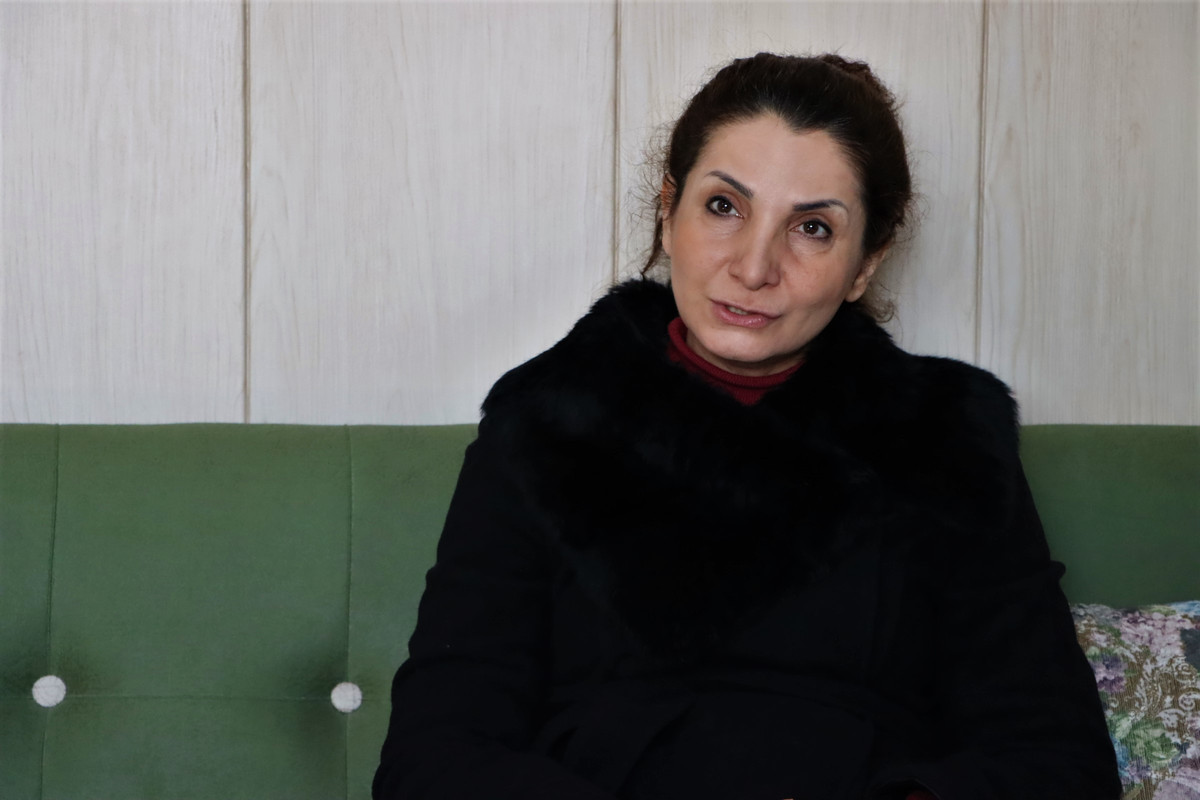
SYRIANS DEPRIVED OF HUMANITARIAN AID
Hesaf stated: “At a time when political issues should be put aside and the humanitarian situation should be given priority, aid delivery to the occupied Jindires district of Afrin is denied. The delivery of aid and rescue teams is prevented. The situation is the opposite in the regions where pro-AKP people are present.”
Hesaf emphasized that it was a historical shame to block aid to the Syrian people and to prevent the aid organized by the Autonomous Administration of North and East Syria (AANES) for the earthquake victims. Hesaf condemned the closure of the border crossings so as to prevent humanitarian aid for the earthquake victims. She said: “The closure of Til Kocher crossing should be condemned by the United Nations. The region where thousands of families reside in camps is subjected to invasion attacks. There are areas in need of urgent humanitarian aid, but they do not see it.”
Hesaf commented on the political background of the closure of Til Kocher Gate: “The United Nations have a finger in it. The gate is kept closed to please the Turkish state, although the need for its opening is obvious. Turkey, the Syrian regime and Russia do not want this crossing opened because the Autonomous Administration will be officially recognized if it is opened. They do not want the Autonomous Administration recognized."
Hesaf stressed that the closure of Til Kocher crossing was part of a plan to massacre and crush the people of the region, and an attempt to render the regions of North and East Syria unrecognized. "Unfortunately, the crossing was not opened even after the humanitarian disaster caused by the earthquake," she noted.
“The people of the region have been resisting for years. The people of North and East Syria have organized themselves. But the depreciation of the Syrian lira against the US dollar affects this region as well. Syrian currency is used there, so the Til Kocher crossing must be opened.”
Hesaf concluded by calling for all means to be used wisely, and for popular solidarity to be strengthened in response to attacks and conspiracies.

